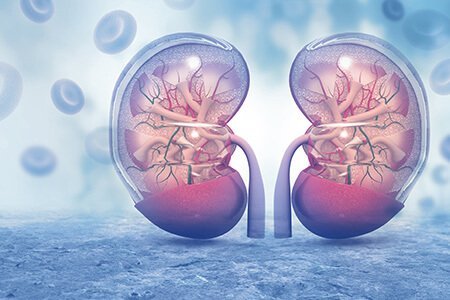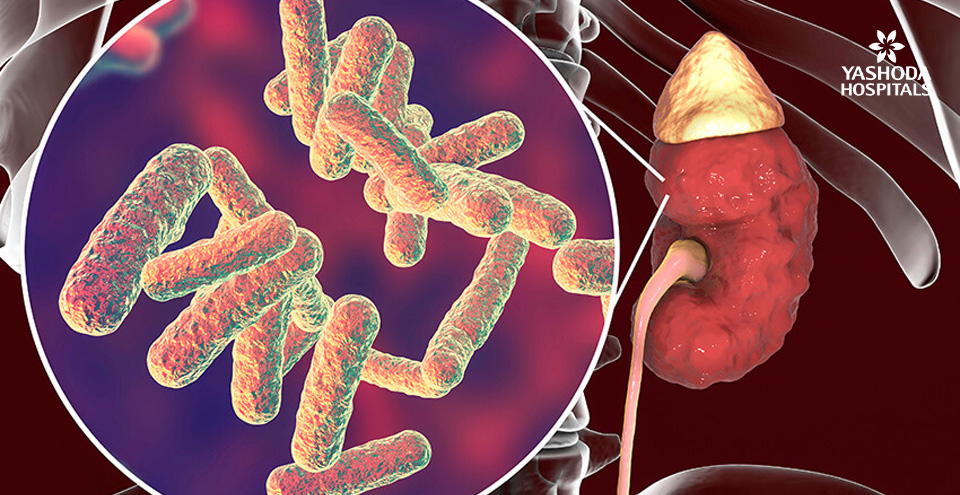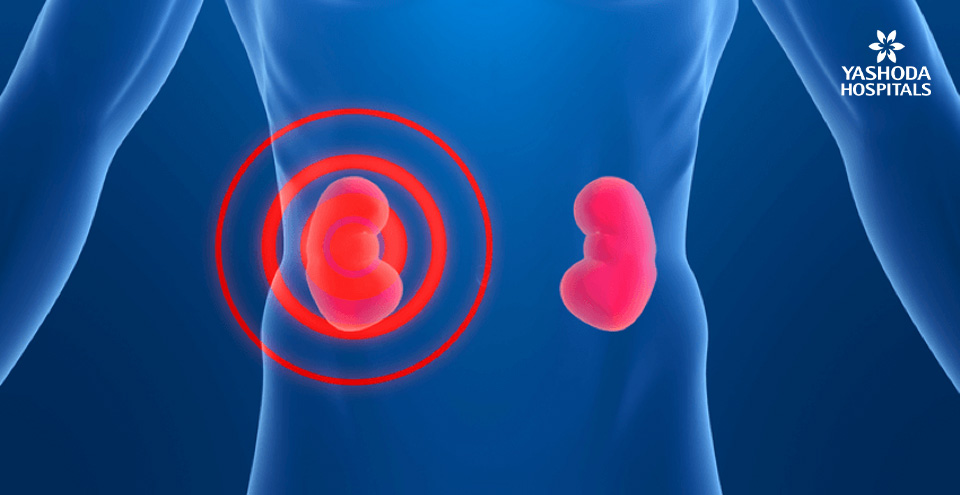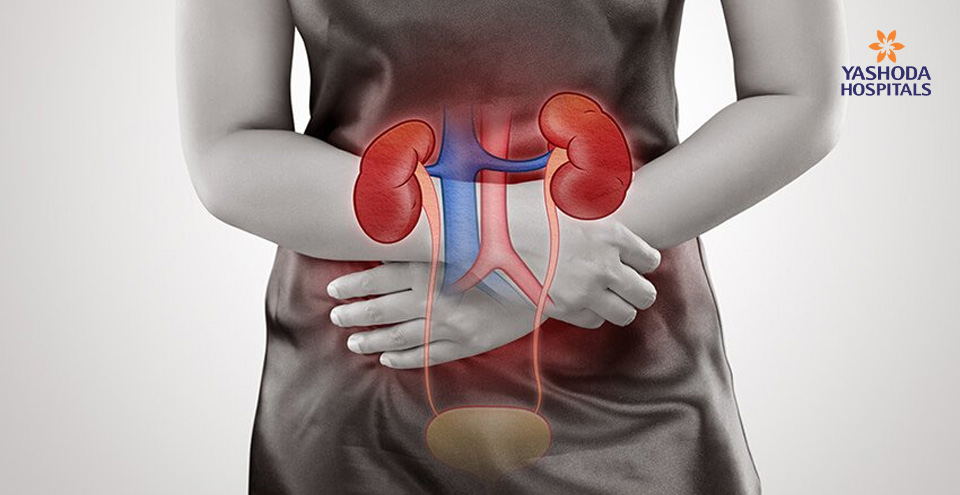Yashoda Hospitals > Diseases & Treatments > Nephrology > Dialysis for kidney failure or renal failure
Dialysis for kidney failure or renal failure
Kidney failure, haemodialysis, peritonial dialysis and kidney transplant
What is dialysis and what are the types of dialysis?
Kidneys work day and night to clean the blood and filter it free from toxins and other waste materials. In addition, kidneys also produce certain hormones related to bone health and blood production. When kidneys are unable to perform their function of waste removal from blood, the task has to be done artificially with the help of certain machines. This process is called dialysis.
Dialysis may be of two types:
Haemodialysis: A machine (artificial kidney) is used to filter the blood. The process is performed in a hospital/clinic setting several times a week.
Peritoneal dialysis: This lesser performed procedure makes use of the peritoneal membrane, that is the lining of the abdomen, to filter blood.










 Appointment
Appointment WhatsApp
WhatsApp Call
Call More
More